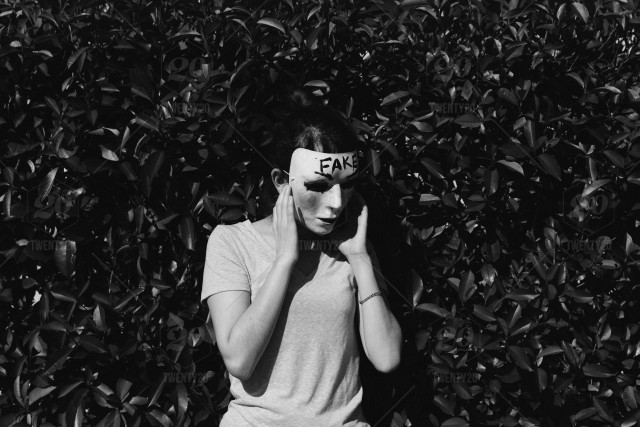Risk hardly ever felt right for me growing up. On the playground, I mostly avoided the high monkey bars. Those were for the really brave kids. During swimming lessons, I inched forward on the diving board (literally inch-long steps) as everyone cheered for ten minutes for me to finally jump in the water. I purposely missed the first day of volleyball tryouts my freshman year of high school. Surely that kind of thing was only for girls who played club or had prior training. I only showed up the next day because a coach called my house to convince me to come. By my sophomore year, I was the starting varsity setter. Yet before every game, I could hear myself thinking, “This is it. Tonight they’re all going to find out that you have no talent.”
In college, I was too scared to be an English major because I’m not a fast reader like the rest of them. When I had to drop out of my master’s program for English education for financial reasons, I felt a sense of relief. Although I was offered this opportunity on the spot when an advisor skimmed through my undergraduate thesis while speaking to me, I believed I had somehow cheated the system and gotten away with easy entrance into a program for literature buffs and experienced teachers—not me. Although I’ve always enjoyed proofreading papers and tutoring others, I didn’t put myself out there as a freelance copyeditor until I became a stay-at-home mom and felt the strains of our transitioning from two incomes to one. My husband has had to repeatedly cheerlead me on to agree to writing projects, spoken word performances, and teaching opportunities—all things I’m gifted to do, but all things that often terrify me. Step-by-step it seems God has often had to push me via people’s encouragement, or via necessity, toward spaces where I don’t think I belong, even as I excel.
Last week I learned that there’s a term for this: imposter syndrome (or imposter phenomenon). The first study regarding this phenomenon focused on high-achieving women and their persistent belief that “they are really not bright and have fooled anyone who thinks otherwise.” More recent studies reveal that this experience isn’t unique to women, but prevalent in men as well. Signs of it include perfectionism, overworking, not asking for help, fear of failure, discounting praise, and undermining achievements. Even Maya Angelou struggled with this: “I have written 11 books, but each time I think, ‘Uh oh, they’re going to find out now. I’ve run a game on everybody, and they’re going to find me out.’”
Every article I’ve been reading about imposter syndrome could easily be titled, “Here’s a Synopsis of Your Life, Quina.” As much as I feel a deep sadness at how this sinister voice has controlled much of what I’ve done and (more importantly) failed to do in life, I feel so hopeful. Discovering the “imposter syndrome” label feels like a gateway to naming the lies I so easily believe. And those lies can’t thrive when confronted with the truth of God’s Word. Those lies can’t thrive when placed before Almighty God in prayer. Those lies can’t thrive when confessed to my community, when called out by my husband and friends, when revealed for what they really are: an affront to God’s image on me and a distraction from the only One whose abilities, kingdom, and glory are worth obsessing over.
As I prepare to take on new and exciting/scary projects in the next few months, I pray I’ll continue to combat this imposter syndrome—not just so I can feel better about myself, but so God gets glory as I learn to embrace Christ-focused confidence over self-depreciation, sober-mindedness over false humility, and radical faith over playing it safe.
“Occasionally weep deeply over the life you hoped would be. Grieve the losses. Then wash your face. Trust God. And embrace the life you have.” – John Piper


